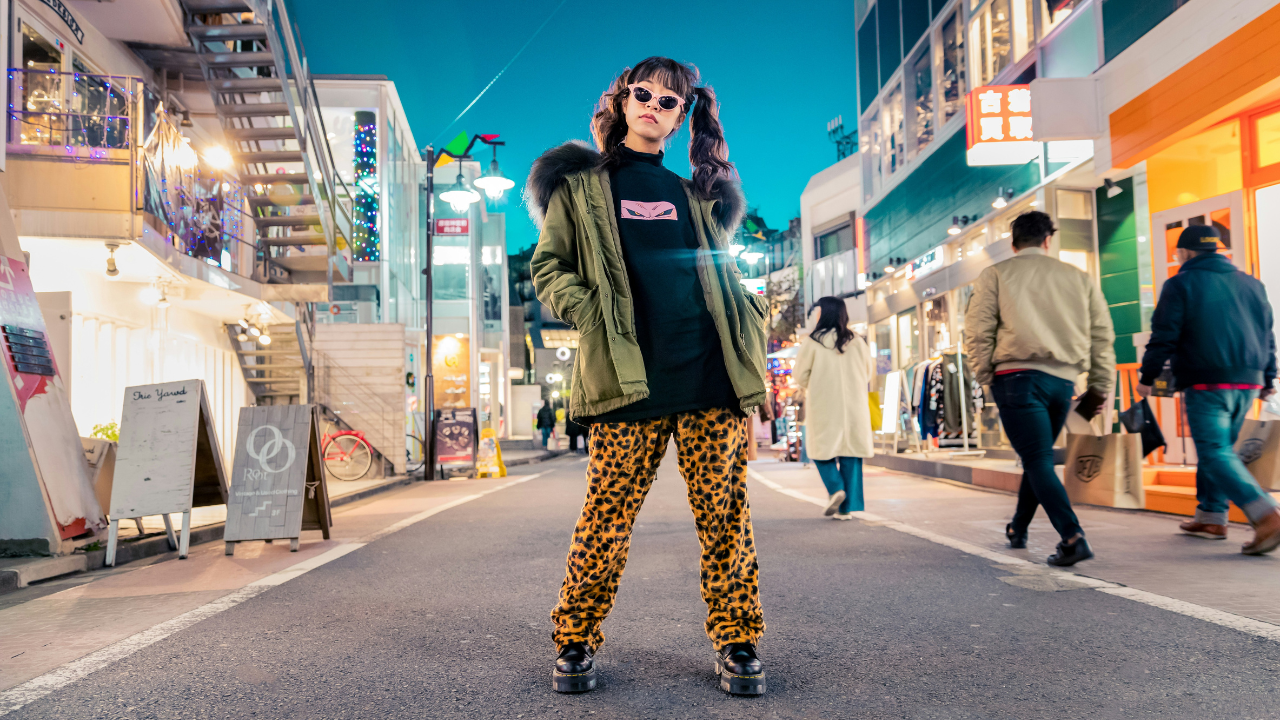Introduction to Incognitymous
In an age where privacy seems to be slipping through our fingers, a new trend has emerged that seeks to reclaim anonymity in the digital world. Enter “Incognitymous.” This buzzword is popping up everywhere, from social media feeds to casual conversations. But what exactly does it mean? Is it just another passing fad or a genuine movement towards embracing our hidden selves? As we dive deeper into this phenomenon, you’ll discover how Incognitymous is reshaping perspectives and behaviors across various spheres of life. Buckle up; it’s time to explore the intriguing landscape of being incognizant yet connected!
The Origins of the Trend
The concept of incognitymous began to gain traction in online communities. Initially, it was a playful response to the overwhelming presence of social media and constant connectivity.
People yearned for anonymity and the freedom that comes with it. They wanted an escape from their curated online personas. This desire sprouted into a movement focused on embracing impermanence and spontaneity.
As digital nomadism grew in popularity, so did the idea of living without labels or attached identities. Influencers started sharing experiences tied to this lifestyle, sparking curiosity among followers.
This trend reflects societal shifts towards valuing privacy and self-exploration over rigid expectations. As individuals increasingly seek authenticity, incognitymous presents itself as a liberating alternative in a world fixated on visibility.
The Popularity and Controversy Surrounding Incognitymous
Incognitymous has taken social media by storm. People are intrigued by its promise of anonymity while sharing their experiences and opinions. This trend allows users to express themselves without the fear of judgment or backlash.
However, this newfound freedom comes with a price. Critics argue that it can promote irresponsible behavior online. The lack of accountability raises concerns about cyberbullying and misinformation spreading unchecked.
Moreover, the concept challenges societal norms around transparency in communication. While some celebrate the liberation from scrutiny, others worry it fosters a culture of deceit.
The divide is evident in discussions across platforms where people passionately debate its merits and drawbacks. As more users engage with Incognitymous, both enthusiasts and skeptics continue to shape the conversation surrounding this intriguing phenomenon.
Different Ways People Are Incorporating Incognitymous into Their Lives
People are getting creative with the concept of incognitymous. It’s about embracing anonymity in various aspects of life, allowing for a refreshing change.
Social media platforms have seen a surge in anonymous accounts. Users are sharing thoughts and experiences without revealing their true identities. This provides freedom to express themselves without fear of judgment.
In fashion, some are adopting incognitymous styles—think oversized clothing and face coverings that obscure identity while making bold statements. It’s an intriguing blend of self-expression and privacy.
Certain communities host events where attendees wear masks or costumes. This creates an atmosphere where everyone can mingle without the pressure of personal recognition.
Even in workspaces, many companies have begun implementing “no-name” brainstorming sessions. Ideas flow freely when people focus on concepts rather than who proposed them, promoting collaboration over competition.
Criticism and Concerns about the Trend
Critics of the Incognitymous trend voice concerns about privacy and identity. The allure of anonymity can lead to reckless behavior online, enabling individuals to act without accountability.
Some worry that this trend promotes a culture where honesty is compromised. When people hide behind facades, genuine connections may suffer. Trust becomes a rare commodity in relationships built on misrepresentation.
Moreover, there are ethical implications associated with incognitymous interactions. It raises questions about consent and respect for boundaries when identities remain concealed.
Experts also caution against the potential mental health impacts. Constantly toggling between identities might create confusion or anxiety regarding one’s true self.
In essence, while many embrace the novelty of being incognitymous, it’s crucial to consider these underlying issues before diving headfirst into this trending lifestyle.
Is It Here to Stay or Will It Fade Away?
The future of the Incognitymous trend remains uncertain. On one hand, its appeal is undeniable. Many individuals crave anonymity in an increasingly connected world. This desire fosters a strong community around the concept.
However, trends often have a lifecycle. What captivates today may not hold interest tomorrow. The novelty factor could wear off as people seek fresh experiences.
Moreover, societal norms play a crucial role. If mainstream culture begins to reject or criticize the idea of being incognitymous, it might lose momentum quickly.
It will be fascinating to watch how this phenomenon evolves in response to cultural shifts and individual preferences. Will it adapt and find new expressions? Or will it simply fade into obscurity like many other fleeting fads?
Final Thoughts on the Incognitymous Trend
The Incognitymous trend has sparked a fascinating conversation about identity and privacy. As people navigate an increasingly digital world, the allure of anonymity becomes stronger.
Social media platforms buzz with users exploring this concept. They seek liberation from traditional expectations, wanting to express themselves freely without judgment.
However, this journey into incognitymous living isn’t without its pitfalls. Some find themselves lost in a sea of false identities or misunderstandings. The line between authenticity and anonymity can blur easily.
As society evolves, so does our relationship with transparency and personal branding. Will we embrace the freedom that comes with being incognitymous? Or will we ultimately crave connection over concealment?
This trend invites reflection on what it means to be truly seen in a crowded digital landscape where everyone is searching for their unique voice amidst the noise.
Conclusion
The trend of Incognitymous has sparked interest and debate across various platforms. As individuals seek to maintain privacy while navigating an increasingly interconnected world, this phenomenon may very well reflect deeper societal shifts. Whether it’s a fleeting phase or the beginning of a new lifestyle practice remains uncertain.
People are drawn to the allure of anonymity, which can offer both freedom and protection in today’s digital age. However, as with any growing trend, it’s essential to weigh its implications carefully. The balance between seeking personal space and engaging openly with others is delicate.
As we observe how Incognitymous evolves over time, one thing is clear: it resonates with those who value discretion amid increasing surveillance and exposure. Only time will reveal whether this movement solidifies into something lasting or diminishes as quickly as it arose. Keeping an eye on its trajectory could provide insights not just into individual choices but also broader cultural transformations at play.
The journey surrounding Incognitymous will continue to unfold, capturing the attention of both advocates and skeptics alike—each contributing their perspectives on what it means for our collective future.











